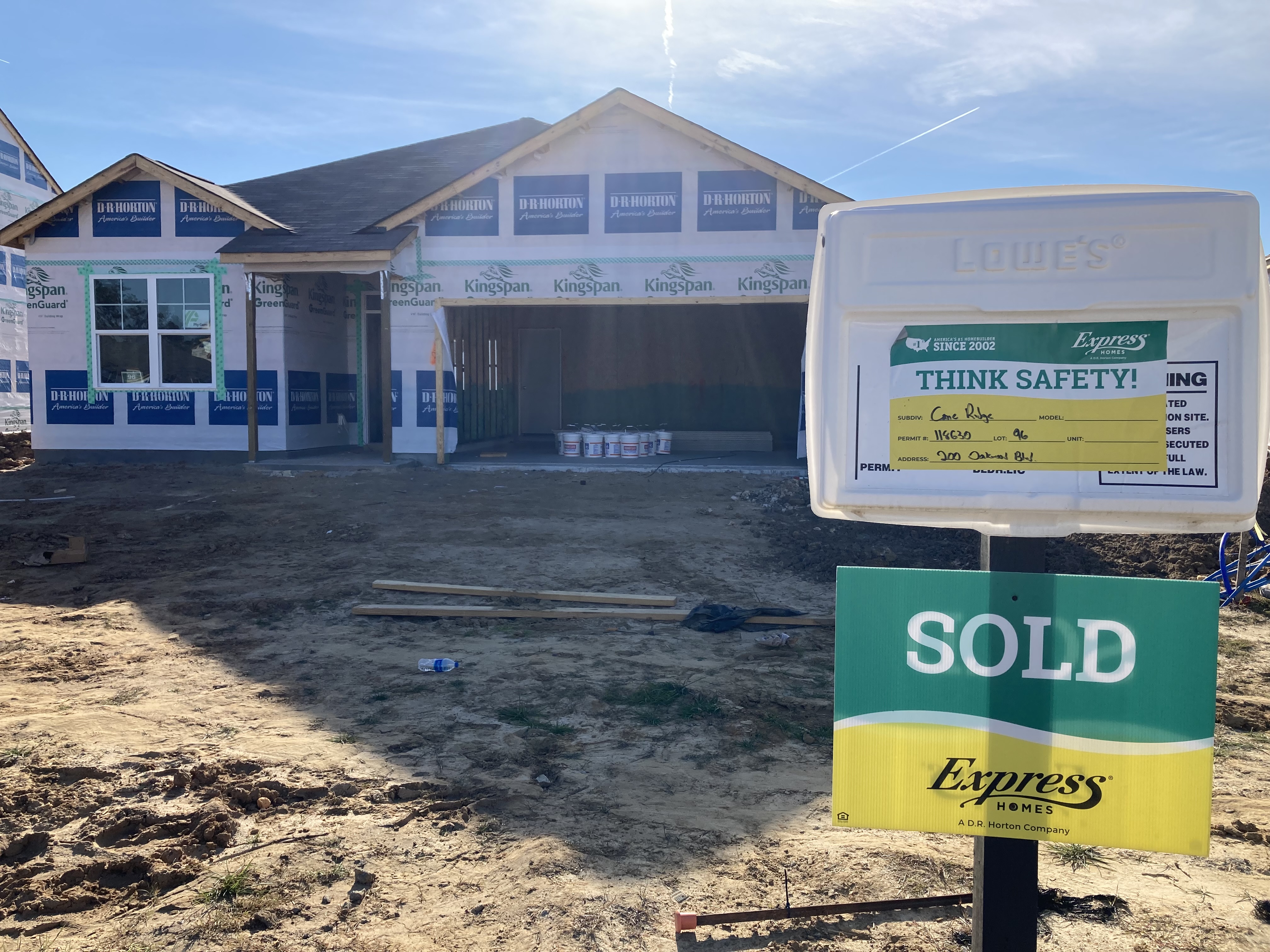Categories
Buyers, Investors, SellersPublished October 29, 2025
The 25-Year Housing Boom: How Technology Could Supercharge Homeownership

Why construction and lending innovation will shape the next era of housing.
A Transformation Is Already Underway
If you’ve been watching the housing market and wondering what’s next, here’s the big picture: according to Tim and Julie Harris, we’re entering a 25-year housing boom.
Not a short cycle — a long expansion fueled by technology, supply needs, and evolving financial models.
The foundation is already being laid. A national housing shortage, combined with breakthroughs in how homes are built and financed, is setting the stage for sweeping change.
The Scale of the Challenge
The U.S. is short 4 to 5 million homes, according to Freddie Mac. That kind of deficit can’t be solved through traditional construction timelines or financing structures. To close the gap, innovation has to touch every part of the process — from the materials that form our walls to the underwriting rules that define what “real property” even means.
Tech + Construction = A Different Kind of Boom
Across the country, builders are adopting technologies that make homes faster and more efficient to produce:
-
Modular and Prefabricated Construction: Research from McKinsey and Wikipedia shows modular building can reduce construction time by 20–50 percent while improving quality control.
-
Factory-Built Housing: The Associated Press reports a rise in U.S. factory-built home production, as developers turn to off-site assembly to cut costs and speed up delivery.
-
3D Printing & Digital Fabrication: Construction 3D printing projects around the world are experimenting with concrete printing to build homes faster and with less waste.
-
Panelized Systems: Companies like Veev are using digitally manufactured wall systems that arrive ready to assemble, minimizing on-site labor and material waste.
These breakthroughs point to a future where homes that once took nine months to build could be completed in half that time — potentially at lower cost and with higher precision.
The Financing Reality Check
But here’s the limitation: innovation in construction can only go so far without innovation in lending.
Right now, most banks and mortgage investors won’t finance mobile or modular homes unless they’re permanently attached to land — a classification known as real property. Structures that remain movable are categorized as personal property, which limits access to long-term, affordable mortgages.
That restriction was written for a different era — and it’s holding back progress today.
To fully realize the potential of factory-built and 3D-printed housing, financing policy will need to evolve.
If Fannie Mae, Freddie Mac, and private lenders begin recognizing these homes as mortgage-eligible assets, we could unlock millions of attainable, energy-efficient homes — completely reinventing the housing economy.
In short: technology can build the homes, but finance has to make them viable options.
The Path Forward
Removing outdated lending barriers would do more than support innovation — it would expand housing choices, and potentially solve a big chunk of our affordability crisis, which would close the supply gap that’s kept millions priced out of the market.
That’s what makes this potential housing boom so different from past cycles. The solution will be powered by real innovation.
Do you think the Charleston market will support these new construction technologies? Will we see 3D printed beach houses?





